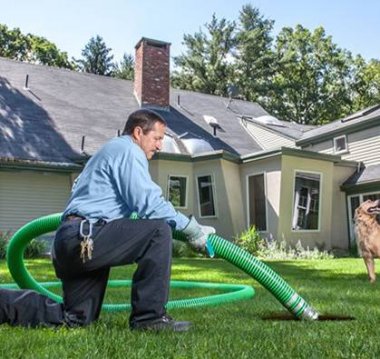
07
As a homeowner with a septic tank, it’s important to understand how your daily activities can affect the health and functionality of your system. One such activity that can have a significant impact on your septic tank is doing laundry.
When you do laundry, the water and detergents used can have a negative impact on your septic system. Here’s how:
The amount of water used during laundry can overload your septic system. Washing machines use a lot of water to clean clothes, and if you’re doing multiple loads of laundry a day, you’re adding a significant amount of water to your septic tank. This can cause your tank to fill up too quickly, leading to backups and potential problems with your drain field.
The detergents and chemicals used in the laundry can also affect your septic system. Many laundry detergents contain phosphates, which can promote the growth of algae in nearby bodies of water. If your septic system is located near a body of water, this can be especially problematic.
In addition, many laundry detergents and fabric softeners contain chemicals that can harm the bacteria in your septic tank that are responsible for breaking down waste. If these bacteria are killed off or inhibited, your tank won’t function as well, leading to potential issues with backups and clogs.
Another issue with laundry is the potential for non-biodegradable materials to end up in your septic tank. For example, if you’re washing clothes that contain synthetic fibers like polyester or nylon, these fibers can be shed during the washing process and end up in your septic tank. Over time, these non-biodegradable materials can accumulate and cause blockages or other problems.
One way to reduce the impact of laundry on your septic system is to use high-efficiency washing machines. These machines use less water than traditional washing machines, which can help prevent overloading your septic tank. In addition, they often require less detergent, which can also help reduce the impact of chemicals on your system.
Another important step is to use septic-safe detergents and chemicals. These products are designed to be biodegradable and won’t harm the bacteria in your septic tank. Look for products that are specifically labeled as safe for septic systems.
To prevent non-biodegradable materials from ending up in your septic tank, avoid washing items made of synthetic fibers like polyester or nylon. Instead, opt for natural fibers like cotton, linen, or wool.
Finally, it’s important to schedule regular septic tank pumping and maintenance with a professional septic company. This will ensure that your tank is functioning properly and that any potential issues can be addressed before they become major problems. A septic company can also provide recommendations for how to care for your septic system based on your specific needs.
While laundry may seem like a simple and harmless activity, it can actually have a significant impact on your septic system. By using high-efficiency washing machines, septic-safe detergents and chemicals, and avoiding non-biodegradable materials, you can help protect your septic system from damage. And by scheduling regular septic tank pumping and maintenance with Charlotte Septic Pros, you can ensure that your system stays in good condition for years to come.
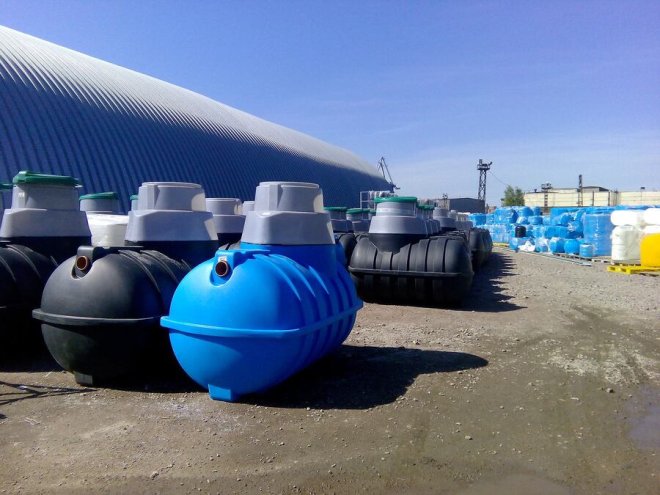
28
How to Prepare for Septic System Installation Installing a septic system is a major investment for any property that lacks…
Read more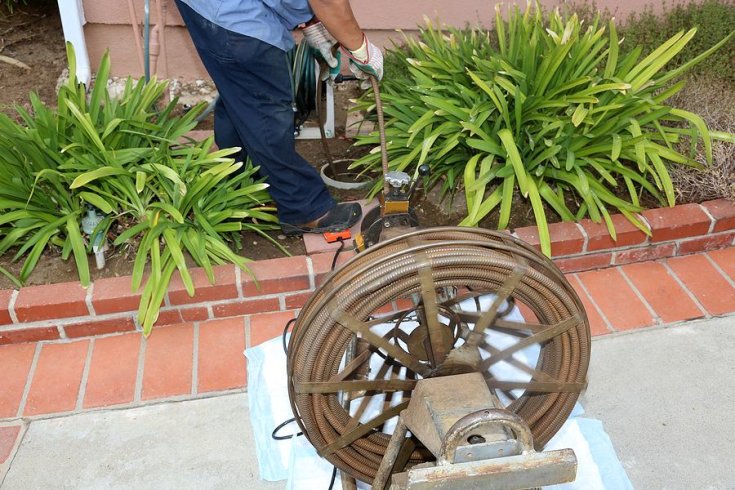
20
How Main Drain Cleaning Can Prevent Sewer Backups Sewer backups are one of the most unpleasant plumbing emergencies homeowners can…
Read more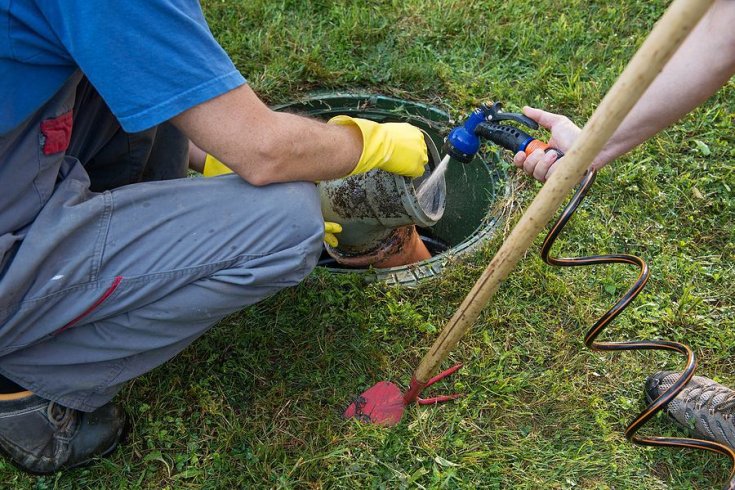
13
What to Do When You Have Drainage Problems Drainage problems can be frustrating and cause serious damage if left untreated.…
Read more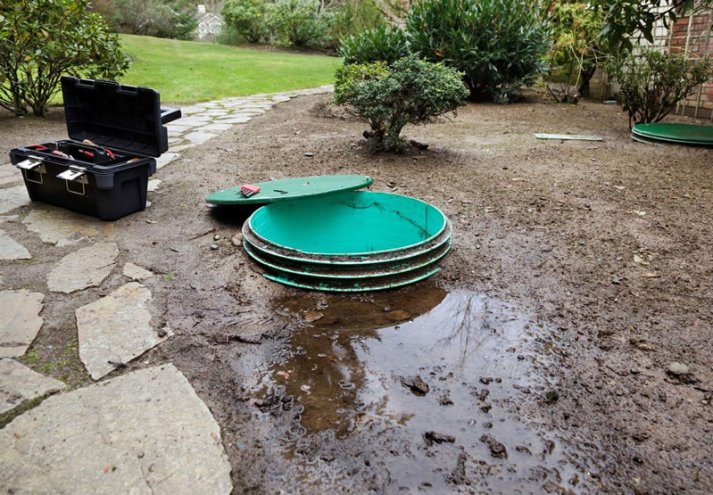
04
Signs and Causes of Septic Leaks A leaking septic system can pose serious health and environmental risks. If left untreated,…
Read more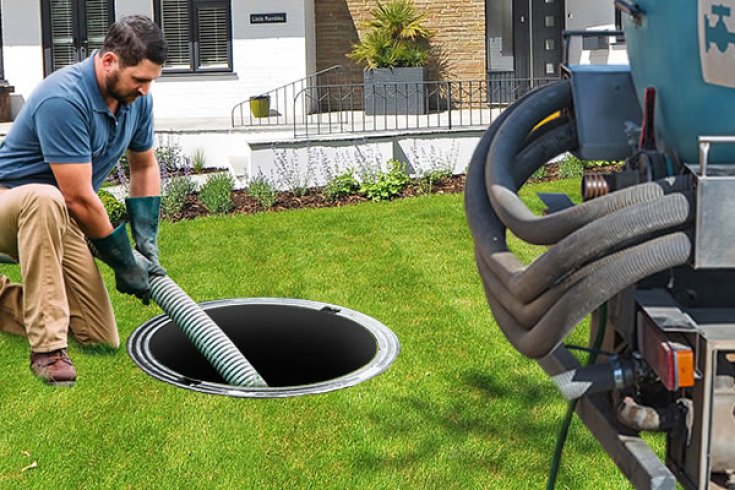
02
Unusual Septic Tank Blockages: Keeping Your Septic System Healthy A properly functioning septic system is crucial for any home or…
Read more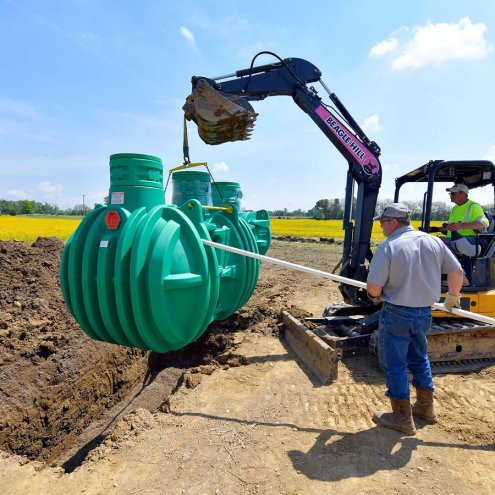
23
Seasonal Weather and Septic Systems Tank Your septic system plays a vital role in managing household wastewater, but seasonal weather…
Read more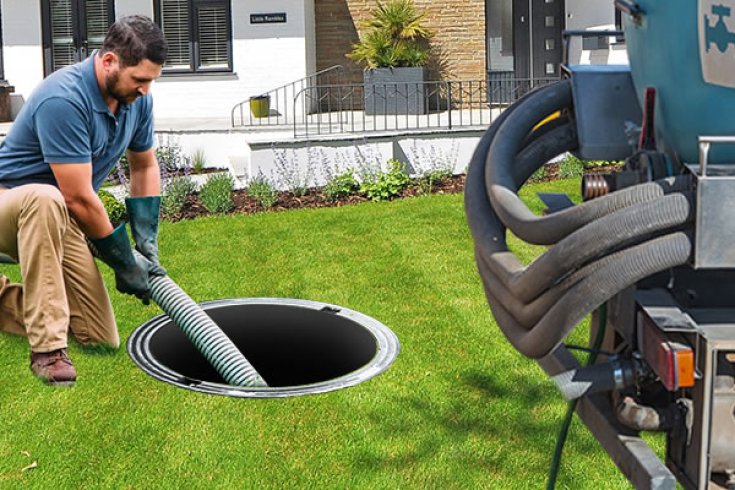
15
Why Toilet Paper Matters to Your Septic Tank Many homeowners don’t give much thought to their toilet paper—until it starts…
Read more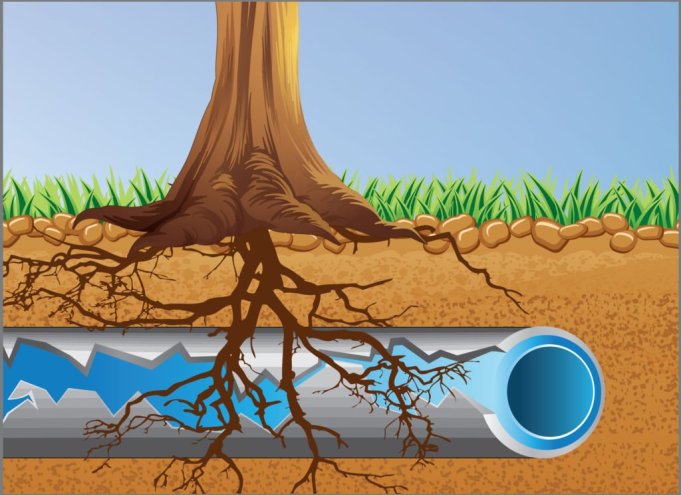
21
Tree Root Infiltration of Septic Systems We love the trees in our yards and in our environment. Just by looking…
Read more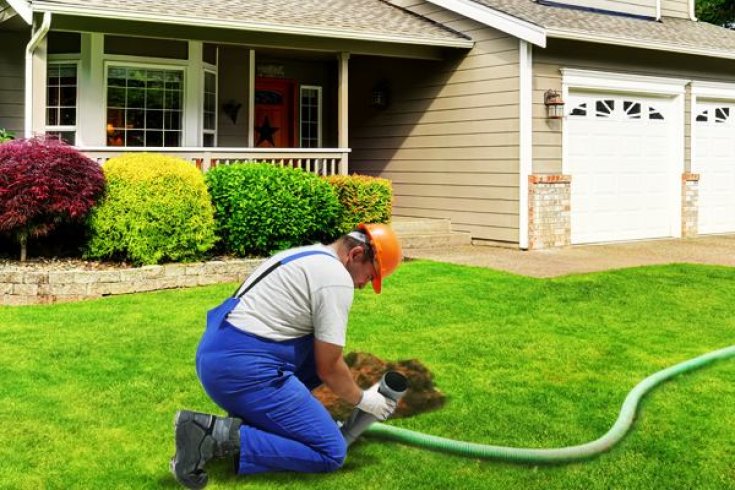
12
Preparing Your Pipes & Drains for the Winter With winter on the horizon, homeowners need to implement specific measures to…
Read more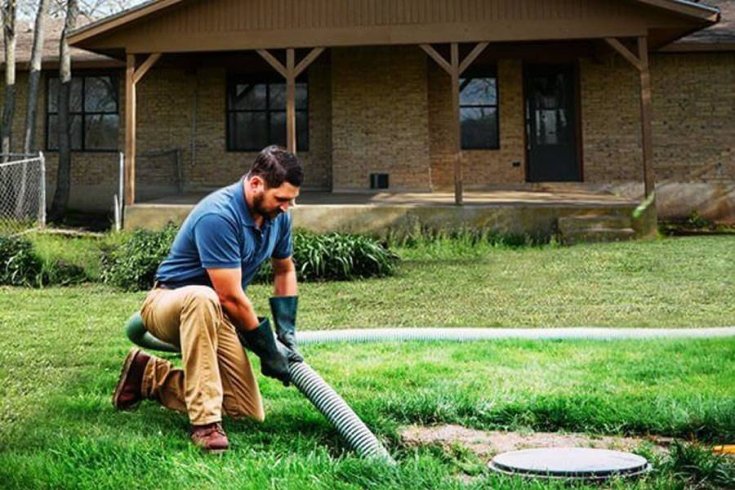
05
Buying a New Home? Invest in a Septic System Inspection When purchasing a new home, many buyers focus on visible…
Read more